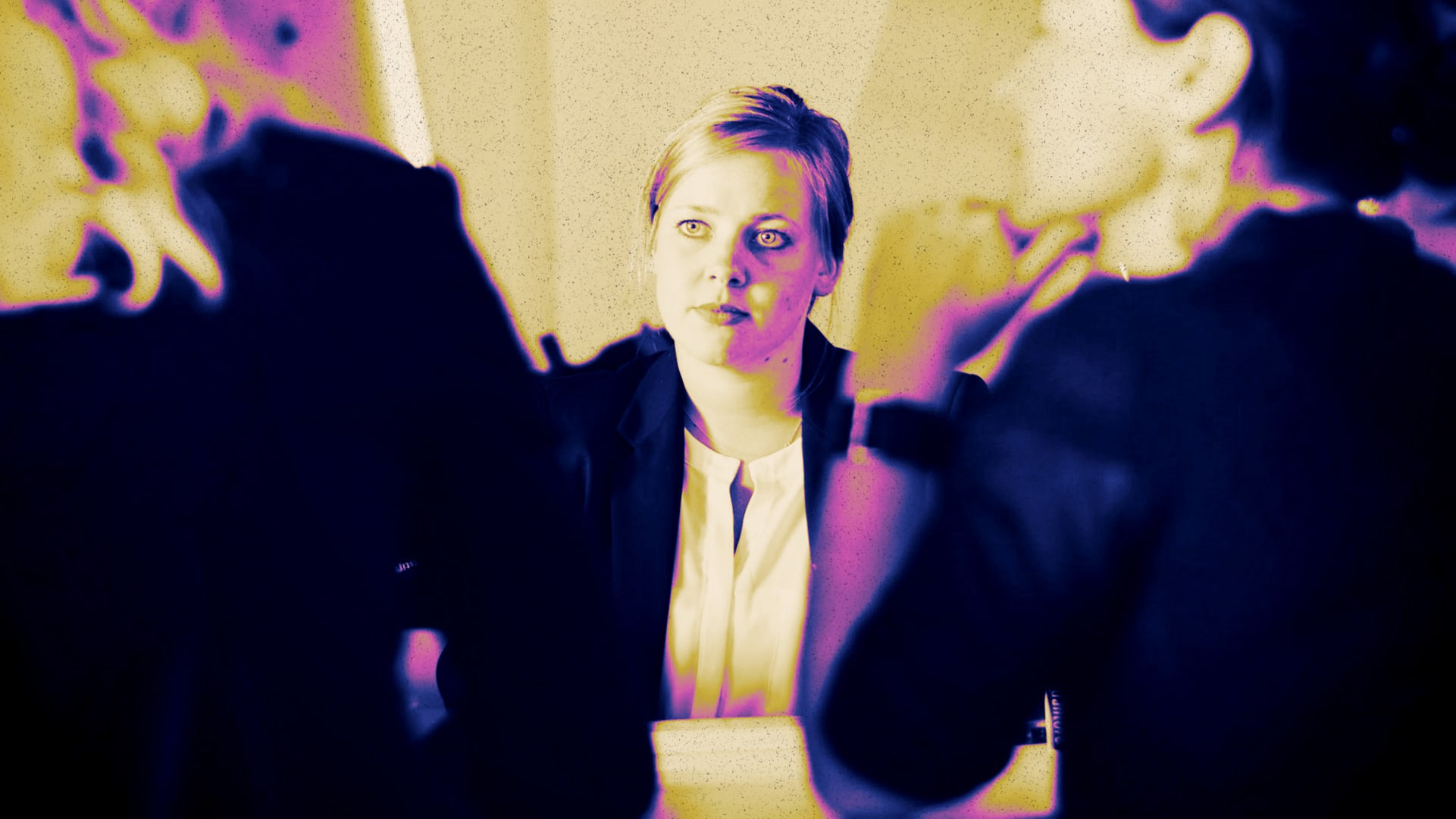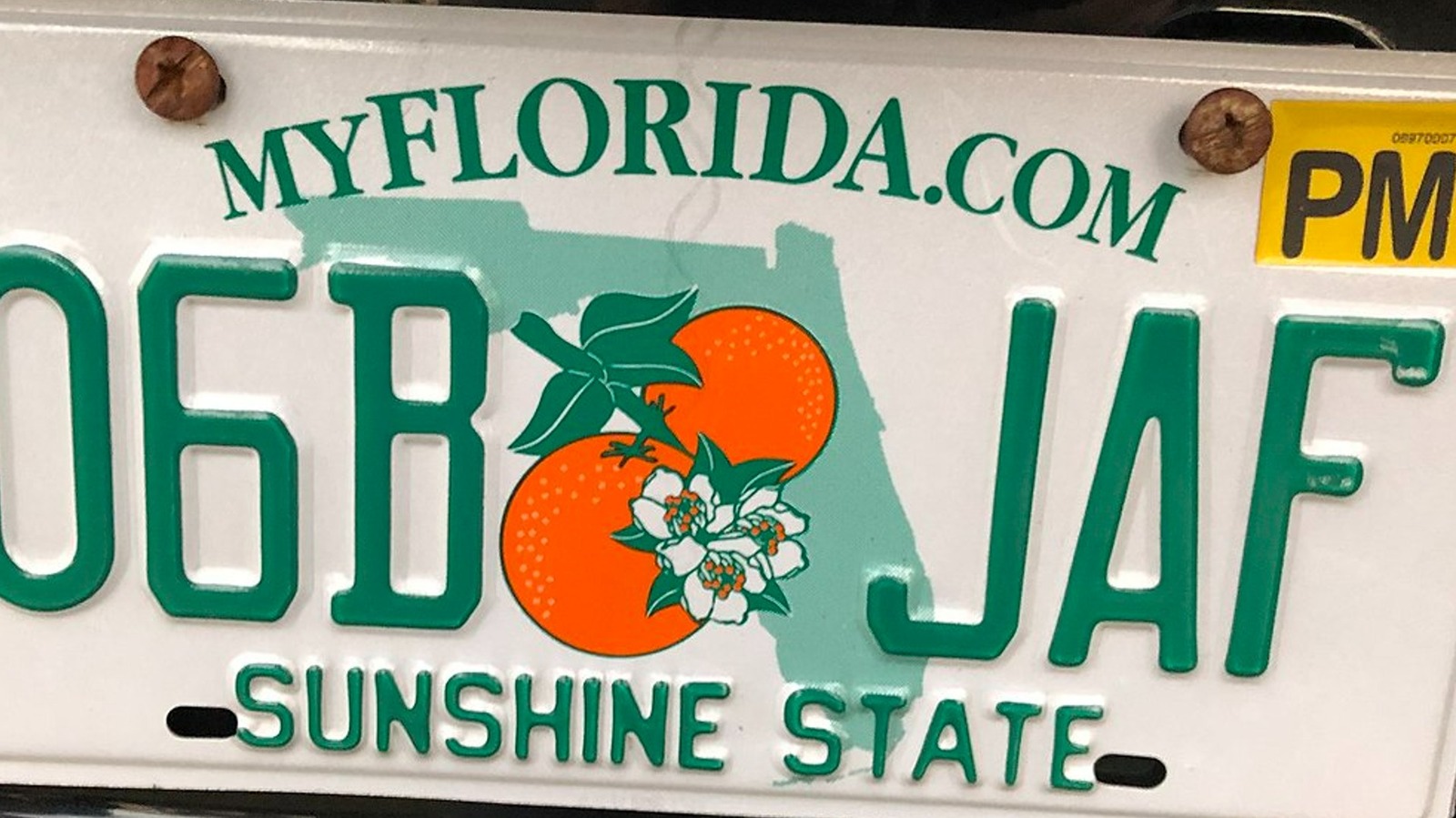We’re at a crisis of representation in entrepreneurship, and the classic tale of how to “get there” doesn’t apply. All-women founding teams have never raised more than 3% in venture capital funding since at least 2014. We learn about the hero’s journey as early as childhood, and mythos everywhere from The Lion King to the Odyssey teaches us the narrative arc of a startup build: passion discovered, adversity faced, strong team built, success unlocked. As someone in the thick of it, I call bullsh*t. This romanticized, and frankly outdated, story sanitizes the messy reality of entrepreneurship. More importantly, it ignores the voices and experiences of diverse and female founders, and the unique challenges this landscape forces upon us.
In my experience, the majority of founder stories are told as individual journeys that skip over the difficult trials along the way. They’re shared only after an entrepreneur “makes it” to the other side—i.e. reaches profitability or has an exit. But this raises issues. This inauthentic storytelling is creating a crisis for (and, I’ll add, by) female founders. When entrepreneurs don’t see themselves in founder stories, it breeds imposter syndrome, making many of us feel isolated. Worse, the mismatch between our experiences and the narrative can feel like evidence that we should give up.
Our stories are not being told
Our reliance on the conventional hero’s journey especially fails to reflect the obstacles diverse and female founders often face, most especially in funding. A miniscule 1.1% goes to companies with minority founders—regardless of the fact that last year, female founders generated 35% higher return on investment than their male counterparts. Alongside the inequitable funding landscape, women and diverse founders experience a lack of representation in media surrounding entrepreneurship, acting as another barrier.
Not only do I not see a lot of founders that look like me, but there is little to no visibility given to businesses built for purpose as much as profit. More and more people—specifically women—are building solutions to problems they encounter daily. In fact, more than 1,800 new businesses are started per day by women. And the majority of those businesses were started by women of color, but the expertise of these womens’ lived experience is minimized. As such, these entrepreneurs don’t see their stories told—nor, in turn, their businesses backed—nearly often enough.
The Modern Not-So-Heroic Journey
Looking back, it feels inevitable that I ended up founding Comma, an integrated period care company. But had I known earlier that this journey isn’t linear, I would have played my hand a bit differently. With a background in public health and ties to a heavily healthcare-focused family, I conceived Comma out of necessity while I was conducting research around HIV-prevention and gender-based violence prevention in rural western Kenya.
Along this path, I realized that on the true founder’s journey, highs and lows can happen only 15-minutes apart, but we’re silent about this whiplash. I faced challenges that taught me a great deal about where the story has gone wrong. While 800 million people menstruate daily, I was repeatedly told period care was a “niche” or “crowded market” by many (male) investors. I even found myself facing sexual harassment from some funders. Other founders told me I should be grateful my experience hadn’t been “worse.” People wondered aloud if I was “backable” because I was of reproductive age. And my multiple graduate degrees in healthcare were dismissed as useless when asked if I had a technical cofounder. In short, entrepreneurs suffer more heartache than product setbacks and layoffs. When we exclude the trickier challenges from our founder stories, we alienate those with whom we could be connecting.
How to Shift the Story
Here’s the tough truth: becoming a founder is neither formulaic nor linear. I was told it was the hardest job in the world, but now I see that it has little to do with canonic late nights and early mornings. You can do everything right and still fail, and there are plenty of “success stories” we should hesitate to admire or emulate. In my opinion, what we need instead of the traditional, white noise story of a founder’s narrative is trifold: a community approach, alternative growth structures, and more authentic stories from founders (and beyond).
I live by the African proverb, “If you want to go fast, go alone. If you want to go far, go together.” It’s my belief that the startup ecosystem would benefit greatly from a community that leans on one another and decenters the individual journey. Not only could this type of community provide support and advice, but it could also normalize the ugly truth of entrepreneurship. We could band together a network of resources, knowledge, and connections that benefit all startups, including those who have historically been excluded and ignored in entrepreneurship. To overcome the disparity of representation and inequitable investment that have historically plagued this space, we have to be willing to be vulnerable in sharing our setbacks as often and openly as we share our successes.
Impact Alongside Profitability
Shifting the conversation about entrepreneurship can mirror the very changes we’re seeing in consumer priorities. We need founders that are of their market, like female founders in the women’s health space and BIPOC entrepreneurs innovating for communities of color. We’re also desperately overdue for a mindset and culture change, particularly in the funding space in allocating venture capital. The current startup culture positions a business’s ability to raise capital as its North Star without acknowledging the complex and nuanced experiences diverse founders face in raising capital. Closing a round is important, but building what people want and need is what allows businesses to be independently profitable.
To see true innovation, we should place value on supporting the invention of tools and development of ideas that will promote long-term, positive solutions and sustainability for all. As founders, we must step out from behind the mask of money and speak to how our products are making an impact that fuels the betterment of our world. We need solutions that think of the customer as a whole person, as opposed to who they are when they get their wallet out. In doing so, we’ll make space for us to be whole founders who can share whole stories.
Rebalance the Workload (and Recognition)
Our culture gives mere lip service to any true work/life balance, encouraging nonstop work and uninterrupted availability. Not only is this harmful to startup teams, but it also discourages reflection that’s vital for innovation and iteration. Why not begin to celebrate founders that take the time to renew their inspiration? Why not celebrate founders that invest in their company’s longevity by preventing their own burnout? What if we shared the spotlight with internal partners and teams, showcasing the priceless value in hires as integral aspects of the company’s success?
It’s time for the founder to pass the microphone. Every member of an early team, from the third in command to the contractor who worked for a discounted rate, has a story that shines light on the true path of innovation. After all, founders don’t do it all alone—and we need all sorts of people to imagine themselves as a part of a founder’s journey, not just the founder herself.
The bottom line: The status quo isn’t working and the lack of representation is shammeful. One’s access to entrepreneurship should be based simply on tenacity, talent, work ethic, and intelligence. But showcased through the lack of female and diverse representation in today’s founder landscape, there is far more at play here. When it comes to how we discuss and portray entrepreneurship in the media and society, it’s time we reimagine the narrative—before the next generation has no one who looks like them left to look up to.
Apply to the Most Innovative Companies Awards and be recognized as an organization driving the world forward through innovation. Early-rate deadline: Friday, August 23.







